Java Developer Course







Java Developer Certification Course
What will I learn?
- Solid understanding of fundamental Java concepts, including variables, data types, control flow statements, and exception handling.
- Mastery of the Java Standard Library (Java SE) and its core packages, including java.lang, java.util, java.io, java.net, etc.
- Understanding of Enterprise JavaBeans (EJB) for building distributed, transactional, and scalable enterprise applications.
- Ability to design, implement, and interact with relational databases using JDBC (Java Database Connectivity) and ORM (Object-Relational Mapping) frameworks like Hibernate.
- Experience working with popular Java frameworks and tools such as Spring Framework (including Spring Boot, Spring MVC, and Spring Data), Hibernate, Apache Maven, and Gradle.
- Proficiency in building RESTful APIs and web services using frameworks like Spring REST. Skills in developing web applications using front-end technologies (HTML, CSS, JavaScript) and integrating them with back-end Java components.
- Completion of hands-on projects and assignments that demonstrate proficiency in Java development. Development of a portfolio showcasing your projects to potential employers, highlighting your skills, creativity, and problem-solving abilities.
Requirements
- A basic understanding of using computers, including file management, navigating the operating system, and using software applications.
- Overall, a genuine interest in learning JAVA programming and a willingness to invest time and effort into acquiring new skills are essential for success in a JAVA course.
JAVA Developer Course Content
- Overview of Java features and evolution
- Setup Java environment and IDE
- Understanding JVM and bytecode
- Writing and running a basic program
- File structure and program flow
- Hands-on: Compile and run Hello World
- Built-in vs user-defined types
- Declaring and initializing variables
- Variable scope and memory lifecycle
- Casting, type promotion
- Using wrapper classes
- Java comments, cleanup with GC
- Single and multi-dimensional arrays
- Hands-on: Working with arrays
- Arithmetic, bitwise, relational, logical operators
- Assignment and shorthand operators
- Pre/post increment and decrement
- Using math methods
- Hands-on: Expression evaluation
- Conditional logic: if, if-else, switch
- Using ternary operator
- Loops: while, do-while, for
- Jump control: break, continue, return
- Hands-on: Logic building
- Declaring and manipulating strings
- Joining, converting, modifying cases
- Substrings, comparison
- StringBuffer operations
- Hands-on: String operations
- Define classes and attributes
- Create and access object members
- Keywords: this, static, final
- Method overloading basics
- Hands-on: Class creation
- Types: default, parameterized, copy
- Constructor chaining and overloading
- Passing objects to constructors
- Hands-on: Using constructors
- Inheritance types and use
- Overriding methods
- Creating and importing packages
- Interface creation and implementation
- Abstract and final classes
- Hands-on: Inheritance design
- Exception types and class hierarchy
- Custom exception creation
- Try-catch-finally, multi-catch
- Hands-on: Error management
- Thread creation techniques
- Thread lifecycle stages
- Thread class vs Runnable
- Hands-on: Multi-threaded tasks
- File operations using Java IO/NIO
- Read, write, modify files
- File attributes and permissions
- Hands-on: File handling
- Introduction to collections
- List, Set, Map, Iterator usage
- Hands-on: Manipulating collections
- JDBC architecture and drivers
- Connecting to database
- Executing SQL with Statement and PreparedStatement
- Managing transactions
- Handling nulls, date, and exceptions
- Stored procedures and batch processing
- CRUD operations and filtering
- Hands-on: Database interaction
- Basics and lifecycle of servlet
- Handling GET and POST requests
- Form data, response codes
- Filters and exception config
- Cookies and session tracking
- DB access and file uploads
- Extras: Auto refresh, email, i18n
- Hands-on: Web app with servlet
- JSP fundamentals and lifecycle
- JSP syntax, tags, implicit objects
- Form handling, filters, cookies, sessions
- File uploads, data handling
- JSTL usage for display and errors
- DB access, error handling
- Web security basics
- Hands-on: Dynamic JSP pages
- Overview and setup
- Stateless/stateful beans
- Persistence, annotations, interceptors
- MDB, callbacks, timers
- Security, transactions, JNDI
- DB and web service integration
- Hands-on: EJB-based app
- Why WS? Platform independence
- WSDL basics and global registera
- Creating and consuming WS
- Hands-on: Java WS integration
- JSON basics and uses
- Syntax and datatypes
- Java-JSON mapping
- Encoding/decoding JSON
- Hands-on: JSON with Ajax
- Report generation overview
- Setup and design templates
- Compile, fill, export reports
- Data source, parameters, styles
- Hands-on: Custom reports
- ORM introduction
- Setup and config
- Entity mapping with annotations
- JPA integration and queries
- Criteria API, filters
- Hands-on: ORM with Hibernate
- Maven basics and setup
- Project build lifecycle
- Dependencies, repositories, plugins
- Build automation, IDE integration
- Hands-on: Maven project management
- Creating and managing repositories
- Branching, merging, pull/push
- GitHub Flow, hosting projects
- Hands-on: Team workflow with Git
- Spring core concepts
- IOC, beans, DI
- Annotation-based config
- AOP, MVC, JDBC
- Event handling, logging
- Hands-on: Spring-based app
- Boot basics, setup
- REST APIs, services, exception handling
- Filters, interceptors, runners
- REST template, Swagger, CORS
- Scheduling, email, Kafka, WebSockets
- Eureka, Zuul, Config Server
- Security with OAuth2 & JWT
- Docker integration
- Hands-on: Microservice projects
- JUnit setup and usage
- Writing and running test cases
- Assertions, exceptions, test suites
- IDE integration
- Hands-on: Unit testing
- Choose domain-based project
- Define scope and architecture
- Collaborate using version control
- Develop using best practices
- Testing and documentation
- Present and iterate
- Portfolio creation
Get in touch
400+ Global Employment Partners

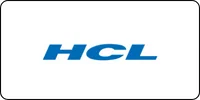


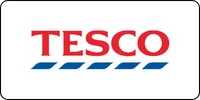



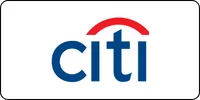

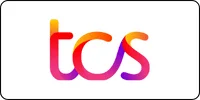


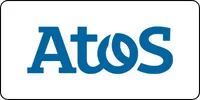
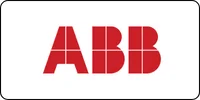
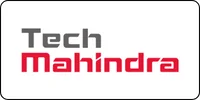
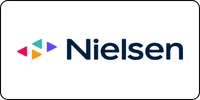

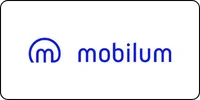
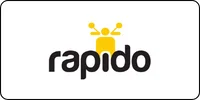



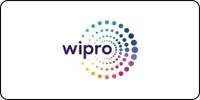
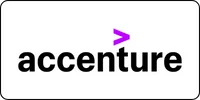


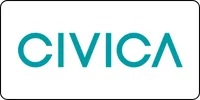

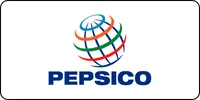

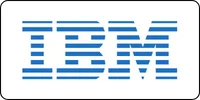
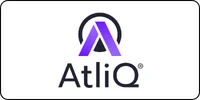
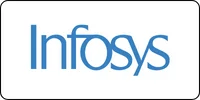


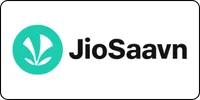


Why Choose Java Developer Certification Course from Bright Computer Education?

Designed Curriculum
Our curriculum covers everything from basic to advanced topics. Topics include variables, data types, control structures, functions, OOP, STL, and more.

Hands-on Learning
Dive into practical exercises and coding projects that reinforce learning and help you build real-world applications.

Experienced Instructors
Learn from industry experts with years of experience in C programming and software development.
Flexible Learning
Choose from flexible scheduling options, including self-paced learning or live virtual classes to fit your busy lifestyle.
Career Development
Gain valuable skills sought after by employers in various industries, from software development to embedded systems and beyond.
Interactive Learning
Engage with fellow learners and instructors through live Q&A sessions, discussion forums, and collaborative coding exercises.
Diverse Career Opportunities in JAVA Programming: Exploring Paths in India's Technology Sector
Frequently Asked Questions
Recently View Courses
Course Details Curriculum Placement FAQ’s Kids Coding Certification Training Course Bright Computer Education offers...
Read MoreCourse Details Curriculum Placement FAQ’s Front End Developer Course A Front End Web Developer...
Read MoreCourse Details Curriculum Placement FAQ’s Web Design Training Course Unleash your creativity and build...
Read More
